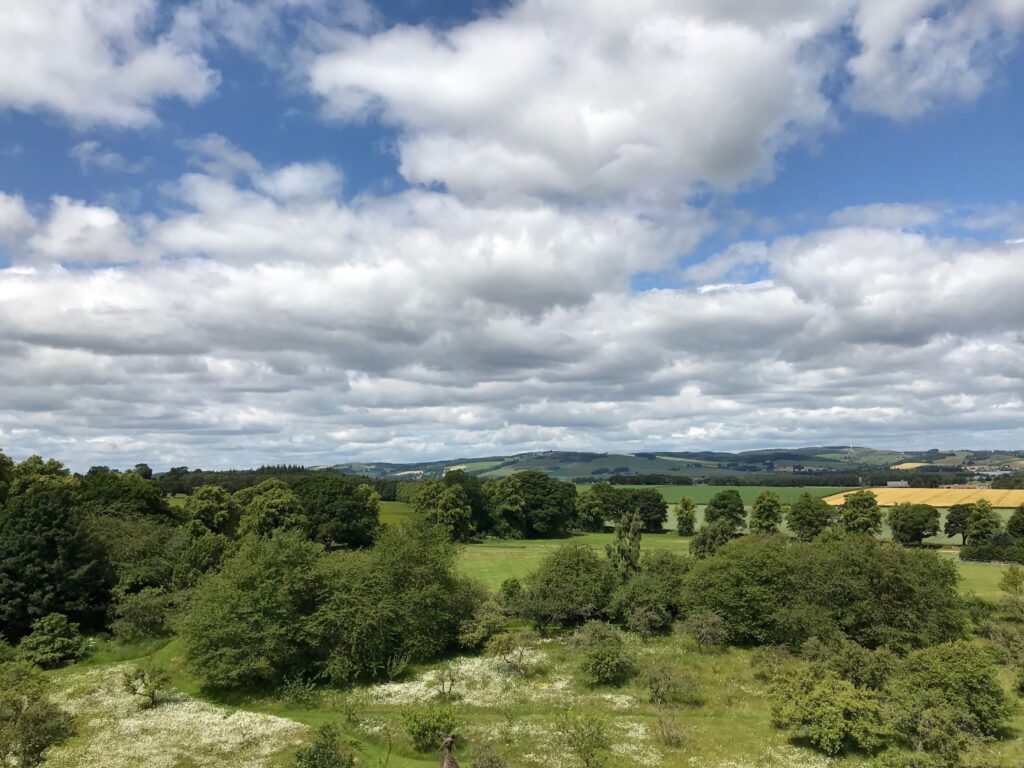NEW advice from a Scottish government body has revealed how Scotland can make the most of the nation’s land market.
The Scottish Land Commission (SLC) has today published recommendations to Scottish Ministers to help Scotland realise the opportunity of new value in the nation’s land and natural capital in a fair way.
The advice comes following research from the SLC showing carbon and natural capital are an increasing influence in the land market, driving new motivations for land purchases and contributing to rising land values.
The proposals from Scotland’s land reform body look at harnessing the opportunity of Scotland’s land to drive the transition to a net zero economy while addressing the risks to help the market work in the public interest.

The recommendations focus on how the new investment and value in Scotland’s land can be managed responsibly with the ability of communities to engage, influence and participate in the market, ensuring the financial and wider benefits are shared fairly.
Released alongside the recommendations is the second part of a major report looking into Scotland’s changing land market, which played a part in shaping the Commission’s advice.
The research commissioned by the SLC into what is happening in Scotland’s rural land market shows that the supply of land coming to the market has remained relatively low but demand has increased significantly, resulting in rising land prices.
The findings also showed a shift in the market seeing two thirds of estate sales taking place off-market with half of the estates purchased in 2021 by corporate bodies, investment funds or charitable trusts.
High timber prices and favourable policy has also seen significant increase in investment from commercial forestry.
These changes to the land market increase the risk that individuals, communities, local businesses and farmers may find it harder to buy land or to influence and benefit from land use change.
The Commission’s advice sets out three ways to shape the land market and the carbon markets so that they work in the public interest:
• Making the markets work better – Shaping market frameworks and putting in place regulatory steps.
• Realising the opportunities on the ground – New models of governance and leadership to realise the opportunities for participation and engagement.
• Influencing behaviours – Using fiscal and tax policy to influence behaviour within the markets.
Chief Executive of the SLC, Hamish Trench said: “Scotland has an opportunity to attract significant investment into its land and natural capital.
“Doing this in a fair and effective way is key to making a just transition to net zero.
“Carbon and natural capital are shining a fresh spotlight on Scotland’s land but the issues are not wholly new.”
The recommendations to the Scottish Government address Scotland’s longstanding pattern of concentrated land ownership and include a public interest test at the point of significant land transactions.
Against a trend of increasing off-market sales, the Commission also proposes that the intention to sell large landholdings should be publicly advertised ahead of time to improve market participation.
The Commission proposes stronger leadership across public, private and voluntary sectors to introduce new forms of collaborative governance and ownership to increase community participation and build on the strengths of each sector to share risk and benefit.
Tax and fiscal policy could also be a key catalyst in influencing market behaviour, with recommendations to adjust the way public grants are targeted and consideration of the role that tax can play in securing long-term public benefit.
Hamish added: “The Commission’s recommendations set out practical steps that can be taken to shape these markets and realise the opportunities on the ground.
“They help deliver on the Scottish Government’s land reform programme and its commitment to establishing high integrity, values-led natural capital markets.
“We are addressing not just the risks and opportunities of immediate changes associated with carbon but how the ways we own and manage Scotland’s land can adapt to other new influences, investment and value in future.
“Our advice is for all parties involved in the land sector, who together can shape a responsible approach to Scotland’s land to benefit all.”
The Commission will also be publishing a protocol on responsible practice for investment, alongside further work looking at ways to secure community benefit from natural capital.
The Scottish Land Commission provides advice and recommendations for law and policy as well as leadership for change in culture and practice and works to create a Scotland where everybody can benefit from the ownership and use of the nation’s land and buildings.

